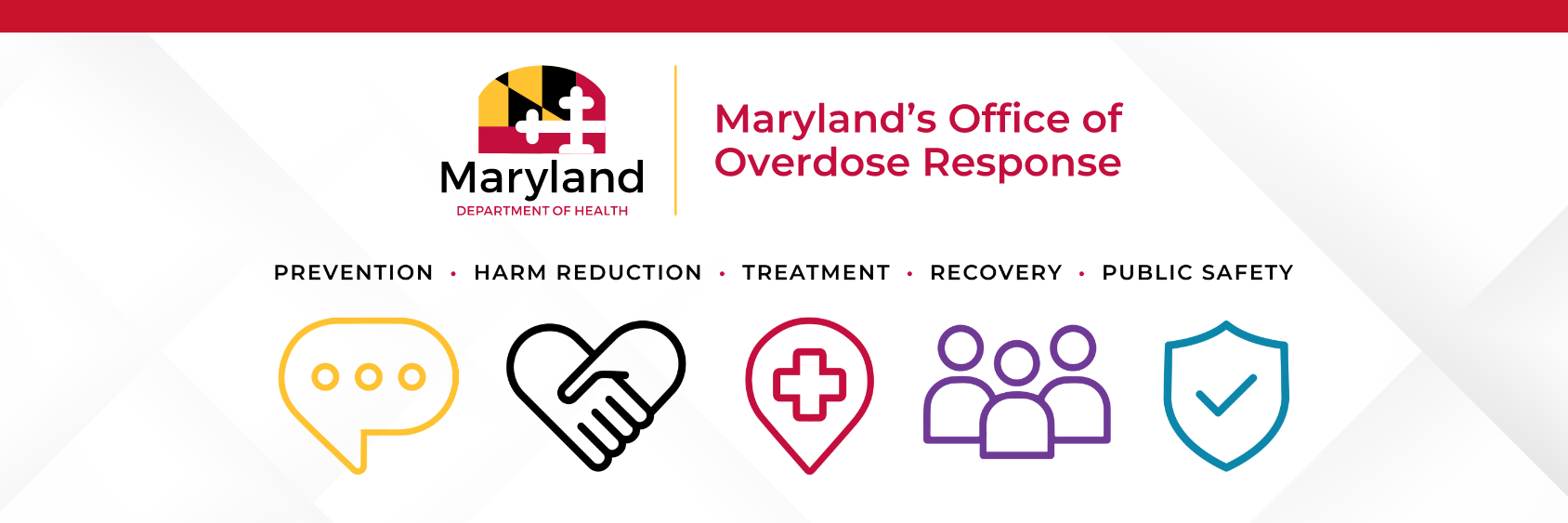Oficina de Respuesta ante Casos de Sobredosis
La Oficina de Respuesta ante Casos de Sobredosis de Maryland promueve la colaboración entre todos las agencias estatales y locales que trabajan para abordar el consumo de sustancias y las sobredosis en el estado. Si desea obtener más información, ingrese aquí.
Si desea obtener más información, ingrese aquí: StopOverdose.maryland.gov/about.
Abordar el estigmaLas actitudes negativas hacia el consumo de sustancias pueden disuadir a las personas de buscar ayuda. Entender que la adicción es una enfermedad tratable puede reducir el estigma y animar a las personas a buscar ayuda. Obtenga más información sobre el estigma. Si necesita ayuda, llame o envíe un mensaje de texto al 988. |
Eliminar los riesgos
Visite |

Los opioides de venta con receta pueden no ser adecuados para todo el mundo. Visite stopoverdose.maryland.gov/talktoyourdoctor para obtener más información.








 1-888-373-7888
1-888-373-7888 233733
233733